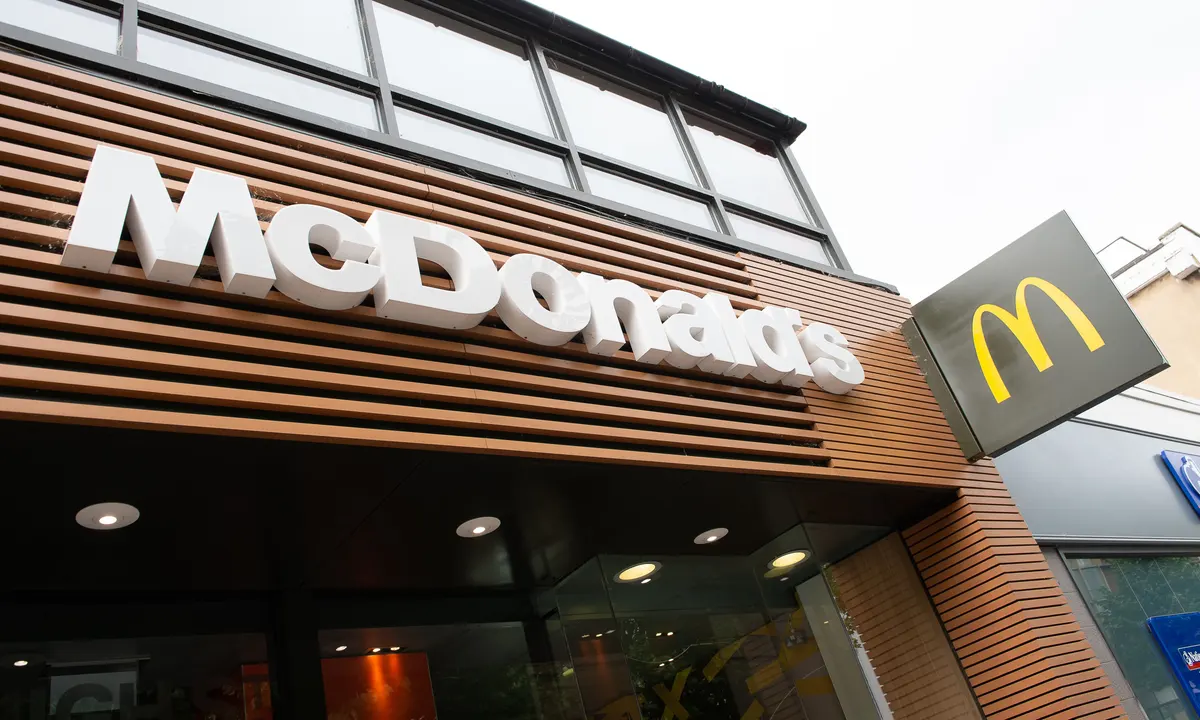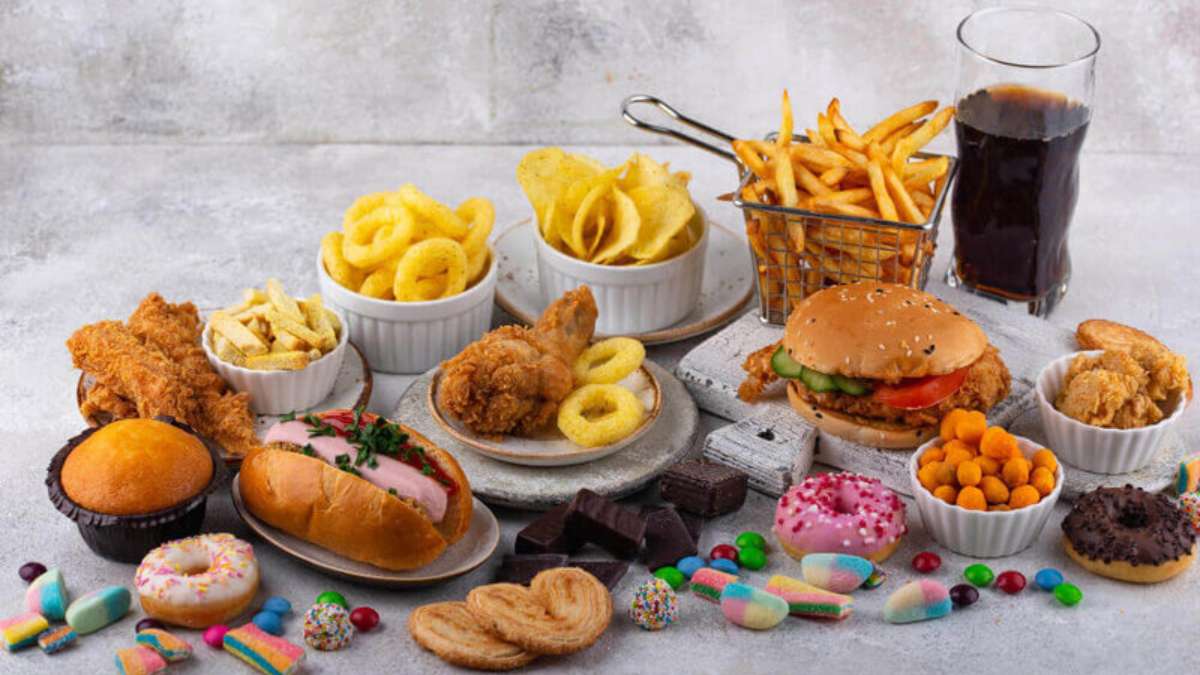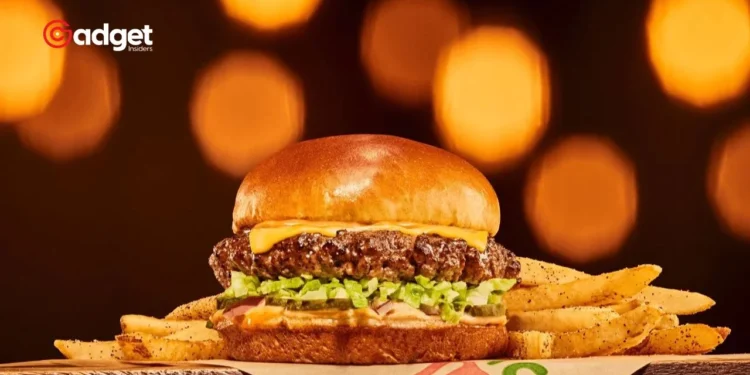Twenty years ago, the documentary “Super Size Me” by Morgan Spurlock captured the zeitgeist, sparking a massive backlash against McDonald’s and the fast food industry. Despite the fervor and finger-pointing, the fast-food industry today is bigger and more ingrained in our culture than ever before. This article delves into the rise, fall, and resurgence of fast food, examining how public opinion has shifted and why the industry remains unshakable.

A Cultural Turning Point
The opening scene of “Super Size Me” is iconic: the camera pans across various overweight beachgoers, juxtaposed with a stark narration about America’s obesity crisis. “America has now become the fattest nation in the world. Congratulations,” the voice declares, noting that nearly 100 million Americans were overweight or obese. The credits roll with Queen’s “Fat Bottomed Girls” playing, setting the tone for what would be a hard-hitting critique of fast food.

“Super Size Me” was more than just a documentary; it was a cultural phenomenon. Made on a shoestring budget of $65,000, it grossed over $22 million and left a lasting impact on the public’s perception of fast food. Spurlock’s experiment, eating nothing but McDonald’s for 30 days and documenting the adverse effects on his health, served as a wake-up call for many.
The Rise of the McCritics
The early 2000s were rife with criticism of the fast-food industry. Terms like “McJobs” and “McMansions” entered the lexicon, denoting low-paying, dead-end jobs and oversized, ostentatious houses, respectively. In 1992, political theorist Benjamin Barber coined “McWorld” to describe the encroaching influence of neoliberal capitalism, symbolized by the global spread of McDonald’s.
The sentiment was echoed by the masses during the 1999 “Battle of Seattle” protests against the World Trade Organization, where demonstrators famously smashed a McDonald’s window. Two years later, Eric Schlosser’s “Fast Food Nation” was published, offering a scathing critique of the entire industry. Schlosser’s bestseller accused fast food of environmental harm, labor exploitation, cultural homogenization, and contributing to the obesity epidemic.
McDonald’s: The Undefeated Giant
Despite the backlash, McDonald’s and its counterparts have not only survived but thrived. The fast-food behemoth adapted by making strategic changes, such as introducing healthier menu options and emphasizing convenience through drive-thrus and delivery services. The company’s ability to pivot and meet consumer demands has kept it at the forefront of the industry.
Moreover, the cultural narrative around fast food has evolved. While health-consciousness has certainly grown, so has the understanding that fast food offers affordability and convenience, which are crucial in a fast-paced, economically diverse society.
Fast food companies told us whoppers about the impacts of eating their burgers.
That's why I'm joining @multco in a lawsuit against McDonald's Big Mac for feeding the obesity crisis and giving us gas. pic.twitter.com/Ymzeue00pC
— Not Tina Kotex (@NotTinaKotex) June 23, 2023
The Health Halo Effect
One significant shift has been the industry’s rebranding efforts. Fast-food chains have invested heavily in marketing healthier options and transparency. McDonald’s, for instance, launched campaigns showcasing their commitment to sourcing sustainable ingredients and providing nutritional information.
This strategy, known as the “health halo effect,” has been remarkably effective. By highlighting their efforts to offer balanced choices, these companies have managed to maintain their customer base while also appealing to a more health-conscious demographic.
The Power of Nostalgia
Another factor contributing to the resilience of fast food is nostalgia. For many, fast food is a comfort food that evokes memories of childhood and simpler times. McDonald’s Happy Meals, for example, have been a staple of American childhood for decades, creating a lasting emotional connection.
Fast Food in the Modern Age
In the digital age, fast food has embraced technology to enhance customer experience. Mobile apps, online ordering, and delivery partnerships with services like Uber Eats and DoorDash have made it easier than ever to get a fast-food fix. The pandemic further accelerated this trend, with drive-thru and delivery becoming essential services.

Conclusion: The Unyielding Appeal
Despite the significant challenges and waves of criticism, the fast-food industry has proven its resilience. Its ability to adapt, innovate, and resonate with consumers on multiple levels—be it convenience, affordability, or nostalgia—has solidified its place in modern culture. The backlash may have dented its image temporarily, but the allure of fast food remains as strong as ever.
The cultural war against fast food, led by documentaries like “Super Size Me” and books like “Fast Food Nation,” highlighted important issues and forced the industry to evolve. However, in the grand scheme of things, it appears that the McHaters have lost this battle. Fast food is here to stay, continuing to adapt and thrive in a rapidly changing world.










